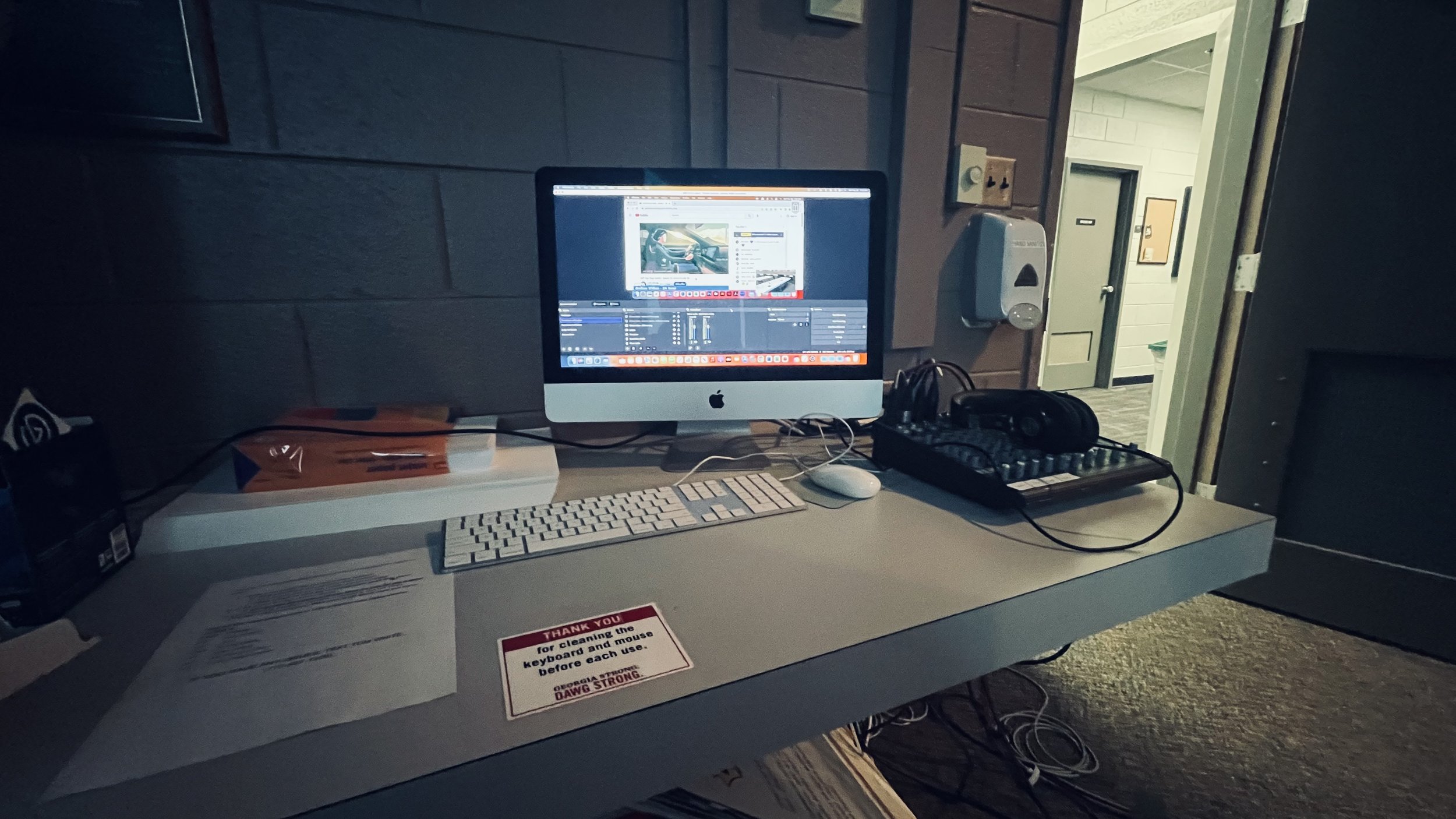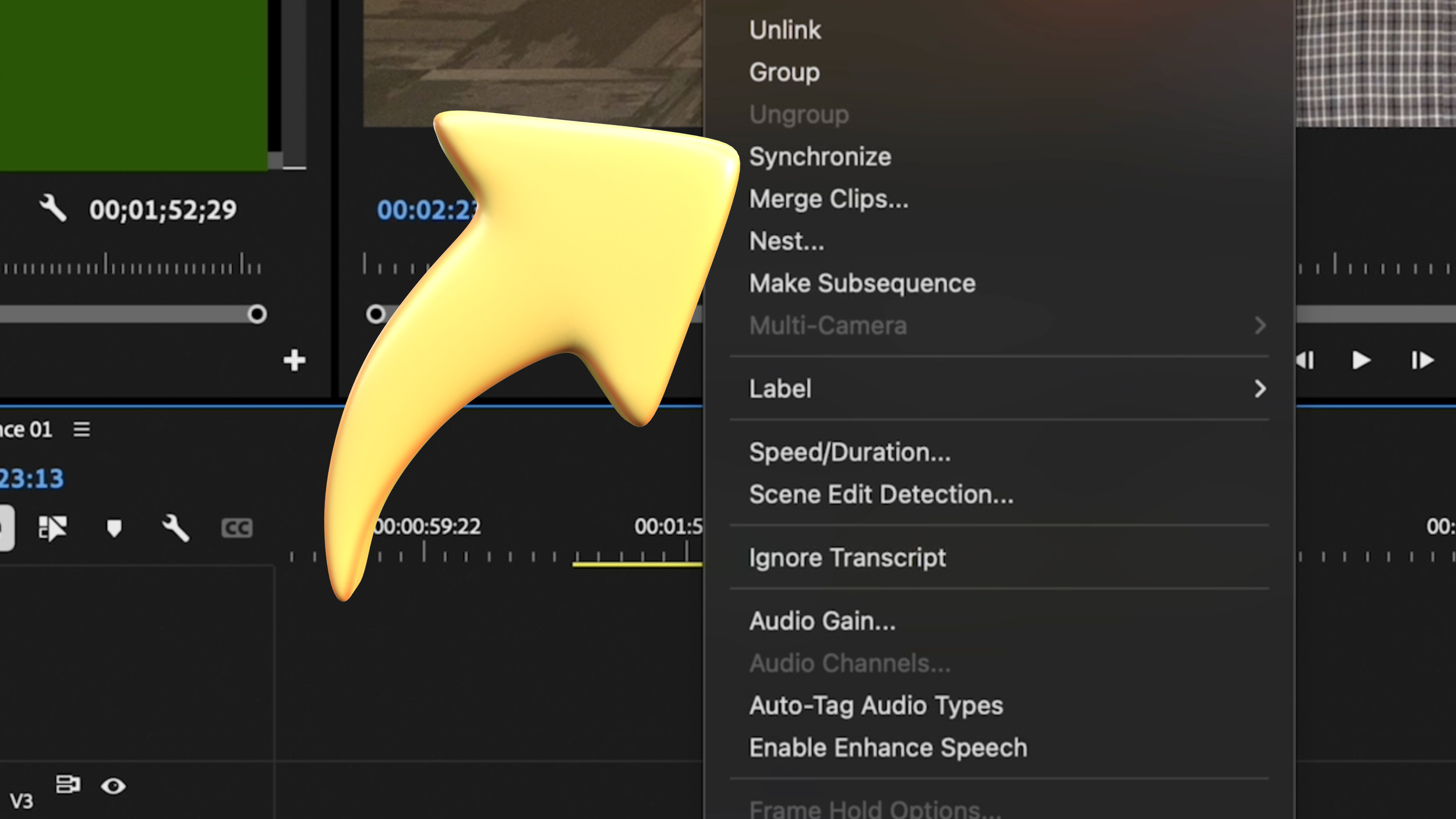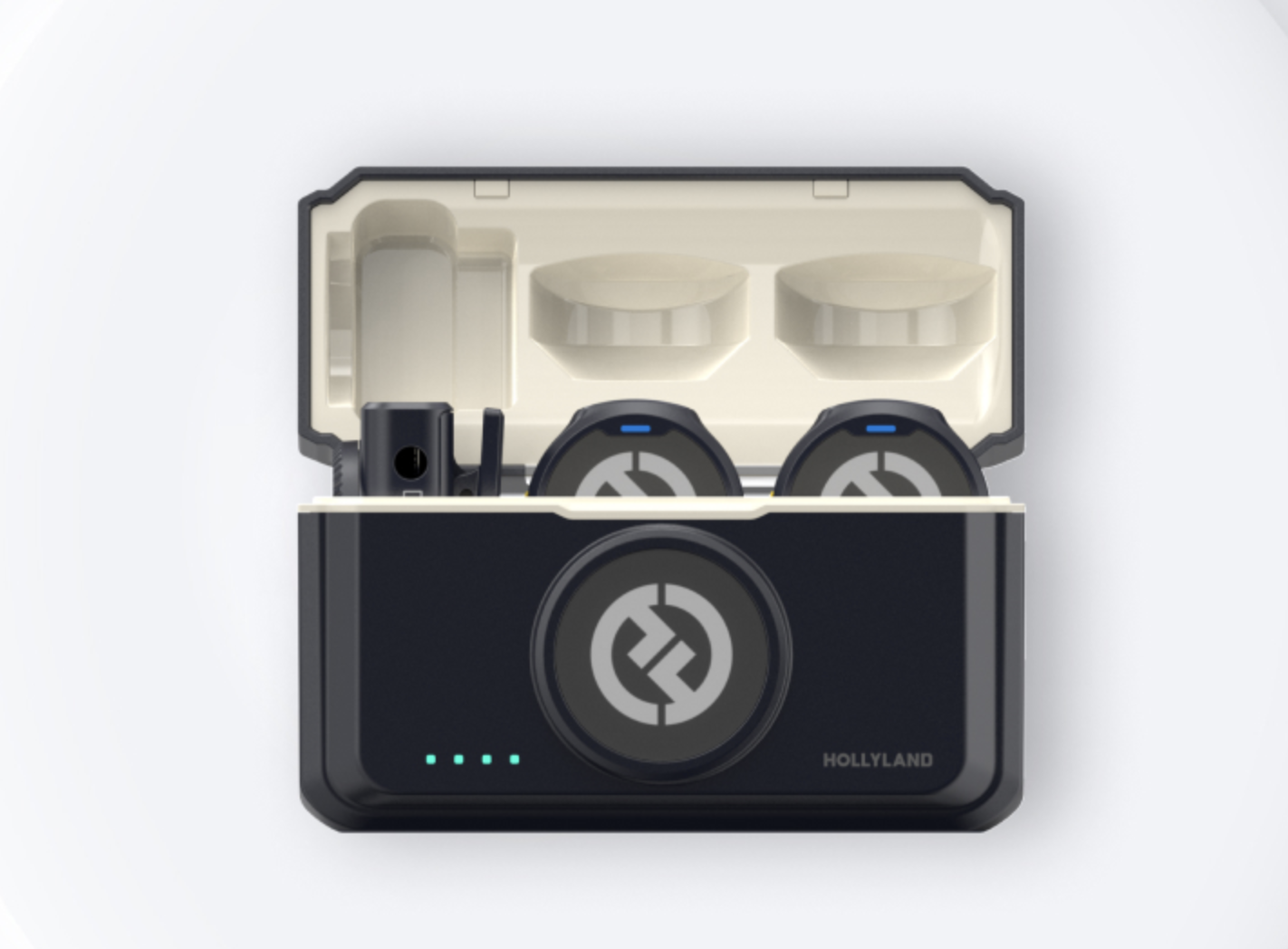The Biggest Production Of My Life Part 5 The Devil Is In The Details
The devil is in the details… in the preparation for the biggest production of my life, we had two meetings. That’s it. The first was essentially “Hey we want to do this! Can it be done?” and the was “It can be done. We will make it happen.” I didn’t realize the number of details that we left out. Important things like “what’s a reader? What’s a tracker? What rooms do we have to use? How do we want to set up the rooms? What equipment is in the room?... ya know… the little things!
I admit that I made a ton of mistakes in the preproduction for this project. I didn’t ask enough questions and luckily everyone in the department chipped in and made the mistakes go away and made sure the event was a success from an equipment and connectivity standpoint.
As I reflect on the preproduction process, I point blame at myself for not asking the right questions but I also know that I may not have been able to get the answers because an undertaking of magnitude had not been done before so no one really knew what we were going to face. That’s the scary and fun part of taking on challenges like this - you are going to face things during the process that you didn’t expect and you have to amend your plans to make them happen. I truly love that aspect of my job. I enjoyed that when I was active in the classroom.
I remember one time in particular that having that flexibility saved me on a lesson. I was trying to teach exposure in a camera. I could not get the students past the concept of the sensor. I had several ask “but how does the sensor work?” I finally told them it’s magic… that was all it took for my mind to go racing into a better way to teach the lesson. I transitioned to the sensor being a “light eating magic rabbit” and the impact of letting too much light in and the rabbit getting light everywhere and making a mess as well as the converse of the rabbit getting sad and dark if it didn’t get enough light to eat… It actually worked. It worked so well that I made notes and built a lesson out of it for the next year when I taught that lesson… It had the complete opposite effect which caused me to have to punt again and come up with a different plan.
Another area where I had to come up with a plan and adapt as we went through the weekend was in the area of actually producing the live streams. The students who ran the streams from the production side were not well versed in live event production. They were primarily photography students or film production students. Many of them had never seen OBS and certainly didn’t know how to operate an audio mixer.
To tackle the challenge of student knowledge, I built several scenes in OBS to make the task as simple as possible for the students. The first scene was a placeholder for the time between when I start the stream until the judges begin - ALWAYS start your stream before your event. This will prevent you from missing the start of your event because the stream fails or some other problem. This scene had an image and played a piece of stock audio on loop. This worked well because on the first day, one of the groups of judges had to start an hour later than the other groups because they arrived extremely late the night before. I wasn’t informed of this until after the live stream started so I just left it up.
The next scene I built showed the submission in full screen with the judges in a box in the corner with a lower third to show the category and a UGA watermark. In addition to the visuals, the audio coming from the judges was routed in so the viewer could hear the comments. A judges only scene was also created. This featured the judges as a full screen image. Again this had their audio and the lower third and watermark. Finally, there was a “stream will resume soon” scene where a graphic similar to the first was posted along with the same stock music.
I built these scenes so the students wouldn’t really have to think. I met with each of the students for about 5 minutes before the judging began and tried to explain how simple the project was for them. I explained that they really only have one choice - to show the submission with the judges or just the judges. Even that wasn’t a real choice because if the judges were talking about a submission, they were to show it on the stream. The other options weren’t options… either the stream has started or it will resume soon.
The problem is that students don’t always listen when you say “it’s a super simple thing…. Just click this button.” They often think the task is difficult and has to be complex. I had one student in particular who wanted to “make sure the judges were not heard when they didn’t want to be” and she muted the audio board and the OBS stream. I applaud her concern for the conversations, etc but I don’t applaud her lack of ability to remember what she did and she didn’t turn the audio on. I don’t know how long we were without audio - it could have been 15 minutes or 2 hours…
Oftentimes in the classroom, we build things that are simple but the concept is advanced for our students and they believe it’s much more complex than it is and set themselves on a path of destruction trying to perform a simple task that they believe is complex. I see this all of the time when I talk with students and teachers that students will create rules for themselves that aren’t there. Even with my college students, it happens all of the time. I try to explain that a macro does a complex task and they just have to hit a specific button and it will do the complex task… they inevitably try to make it more complex and create situations that aren’t beneficial for themselves or the project.
Meet the Author, Tom White
Tom White is the Broadcast Engineer at Grady College of Journalism and Communication at the University of Georgia. Prior to that role, Tom taught at Morgan County High School and Rockdale Career Academy where he and his student produced thousands of live streams for sports, news, and community events.
Tom’s program at the Rockdale Career Academy received the NFHS Network Program Of The Year in 2016 and his program at Morgan County High School received the New Program of the Year title in 2018.
Tom has been a long time contributor to many publications and is the host of Teaching to The Test Pattern Podcast.










Got shaky footage? No problem! In this quick tutorial, learn how to use Warp Stabilizer in Adobe Premiere Pro to smooth out your shots effortlessly.